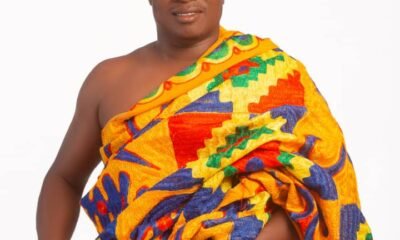News
Hope College student adjudged overall best student for WASSCE 2024

David Nii Commey Ankrah, an immediate past student of Hope College was adjudged the overall best student in the 2024 WASSCE for school candidates written by over 2.4 million students from Ghana, Nigeria, Liberia, Sierra Leone and The Gambia.

Hope College Delegation poses with David Ankrah,overall best student in West Africa for WASSCE 2024.From left to right: Fred Asare (Managing Director), David Ankrah*, Joyce Odei (Head of School), and Henry Odum (Administrative & Finance Manager).
At the WAEC International Excellence Awards ceremony in Monrovia, Liberia on Tuesday, March 18, David Ankrah received the first prize award from Mr Joseph Nyuma Boakai, Sr., President of the Republic of Liberia.

2024.
News
Embrace peace, reconciliation …Pres Mahama tells Muslims

The President, John Dramani Mahama, joined Muslims all over the country to celebrate Eid- ul-Fitr at the Black Star Square on Monday to climax the 30-day period of fasting.
Led by the National Chief Imam, Dr Osman Nuhu Sharubutu, intercessory prayers were offered with hundreds of worshippers in attendance.
Addressing the congregation, President Mahama reflected on the values of Ramadan and urged Ghanaians to embrace peace, reconciliation and generosity.
“Ramadan teaches us sacrifice, discipline and compassion – values we need to build a prosperous nation,” he said.
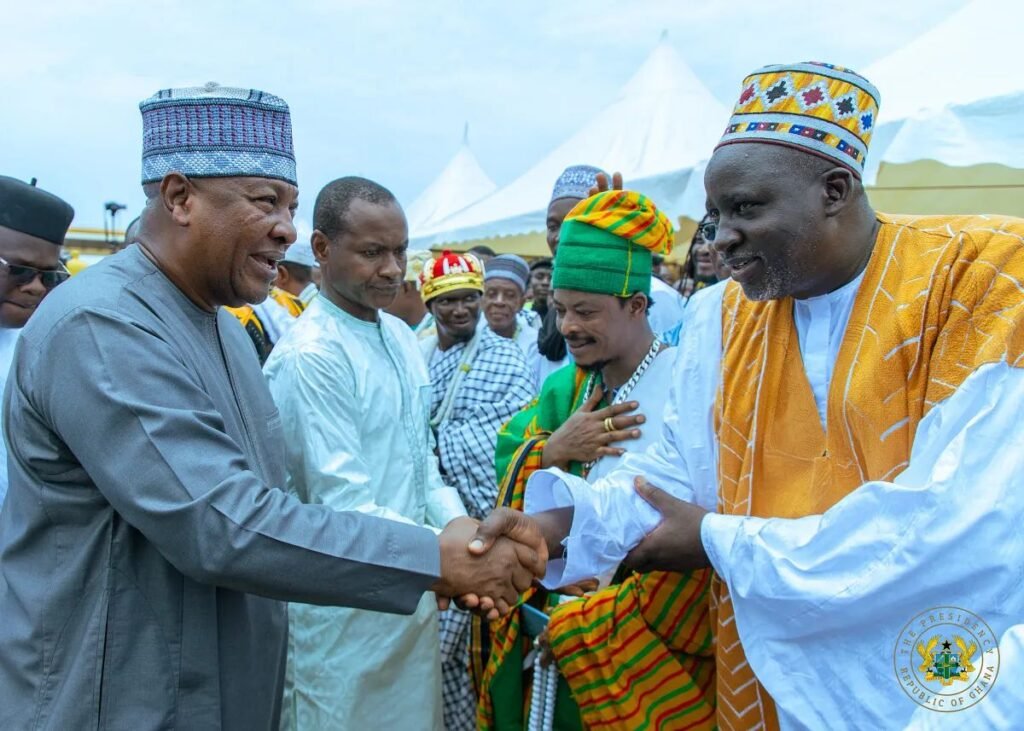
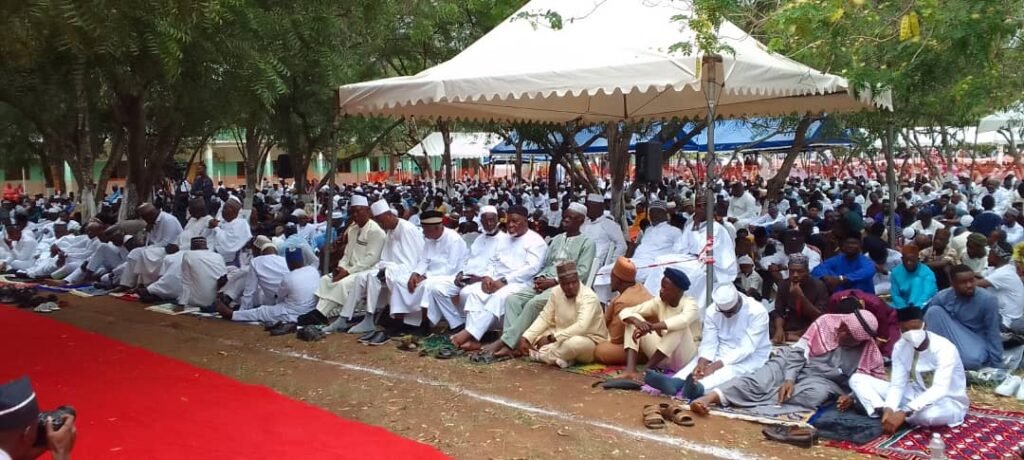
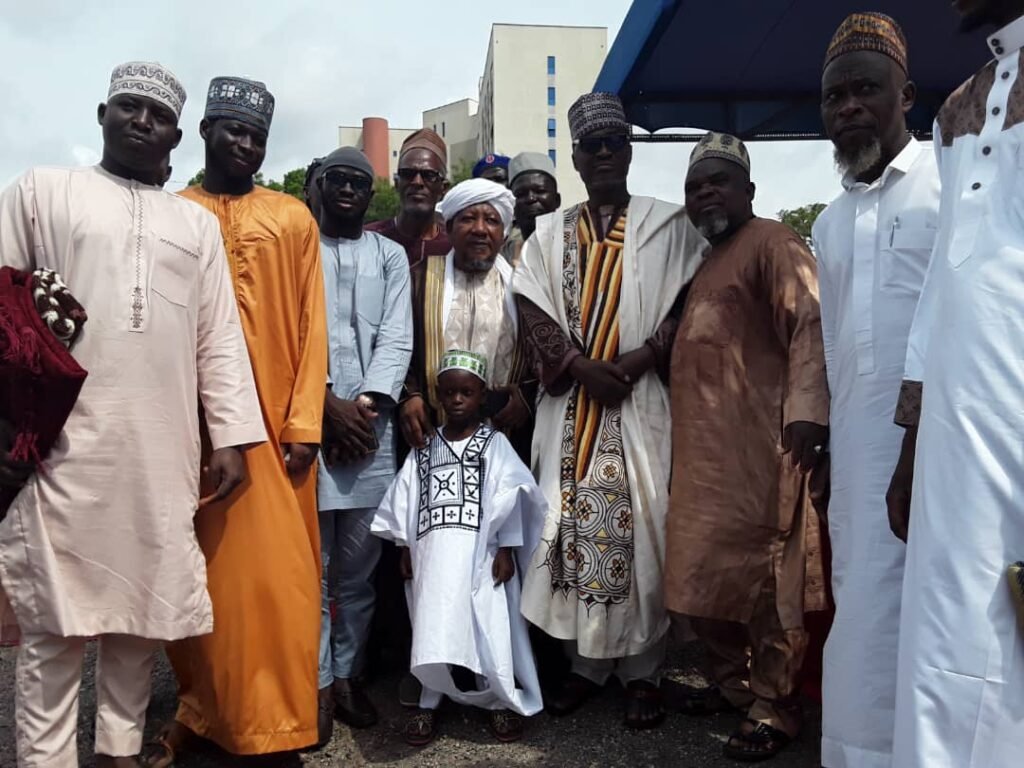
President Mahama acknowledged the contributions of Muslim communities to the country’s development, particularly in education, health care and entrepreneurship.
He renewed his call for an end to the conflict in Bawku, urging factions in the conflict to “give peace a chance.”

Synonymous with the celebration, families gathered and shared food and soft drinks with neigh-bours and loved ones while others stepped out gallantly in white and radi¬ant outfits for the occasion.
Here are scenes from the celebration from the Black Star Square and other places.
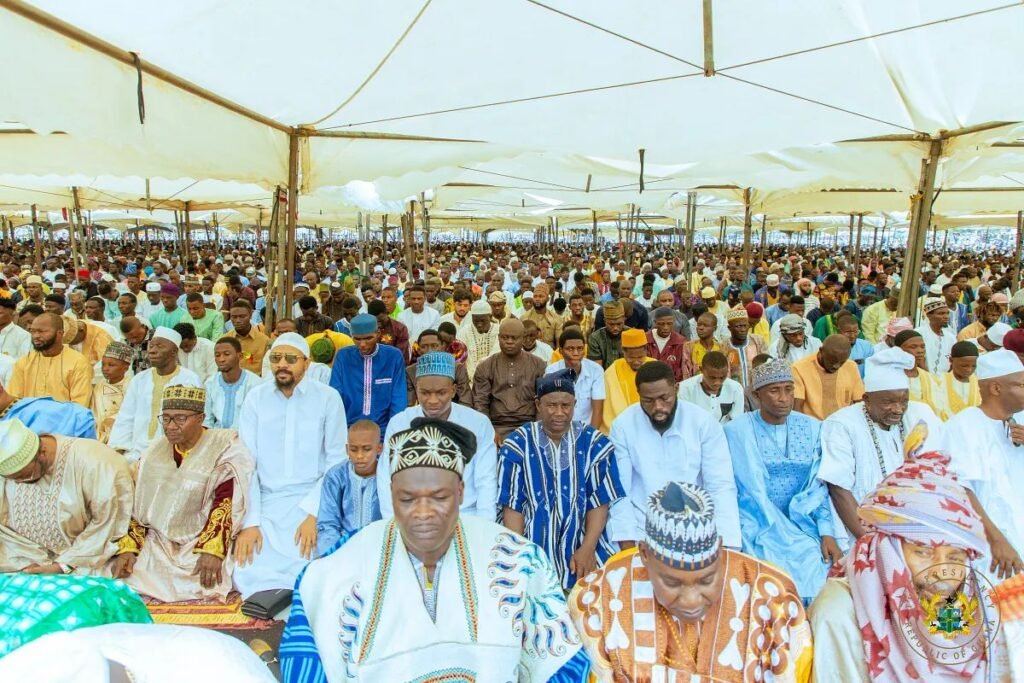
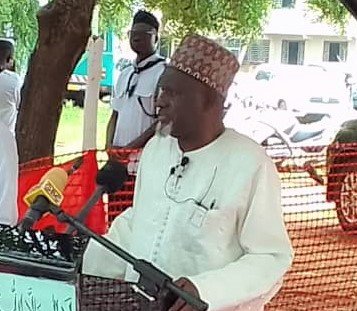
gathering at Ashongman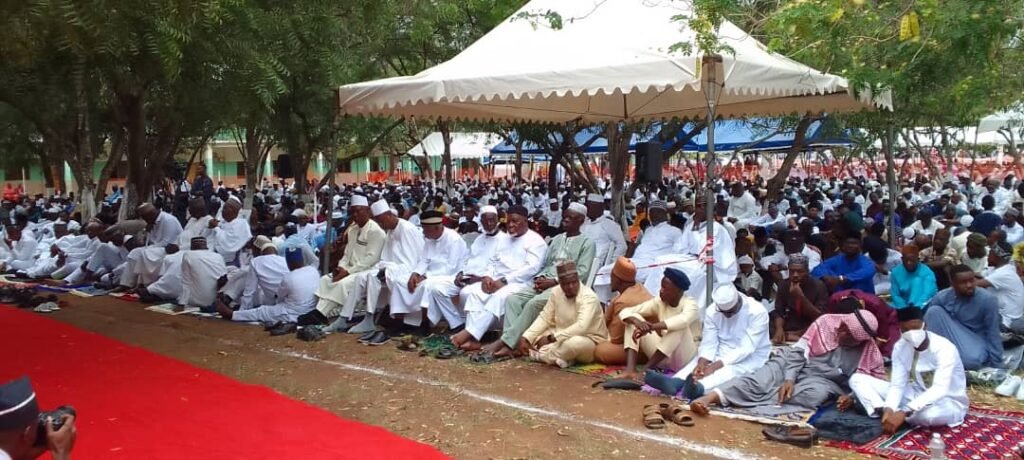
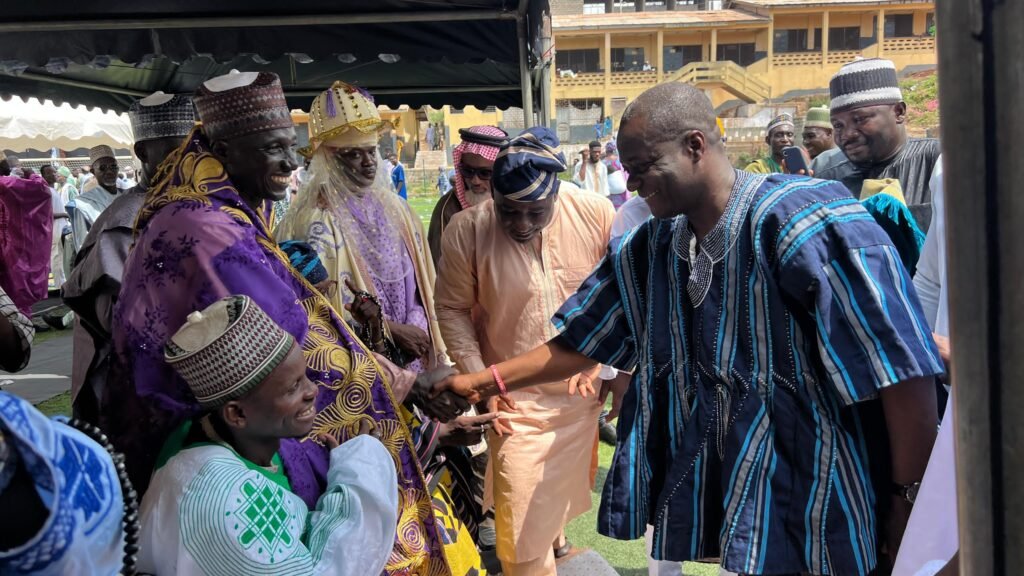
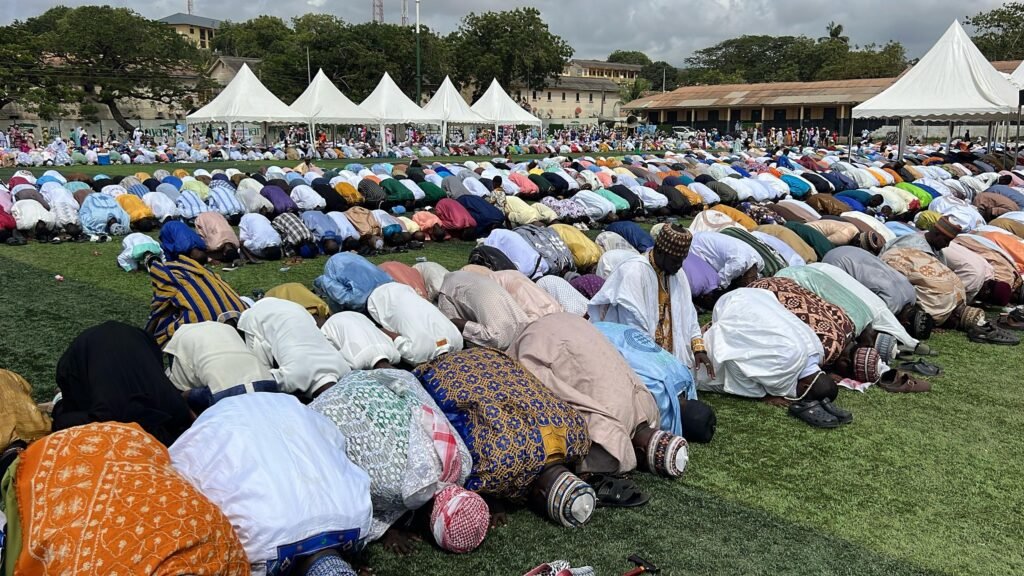
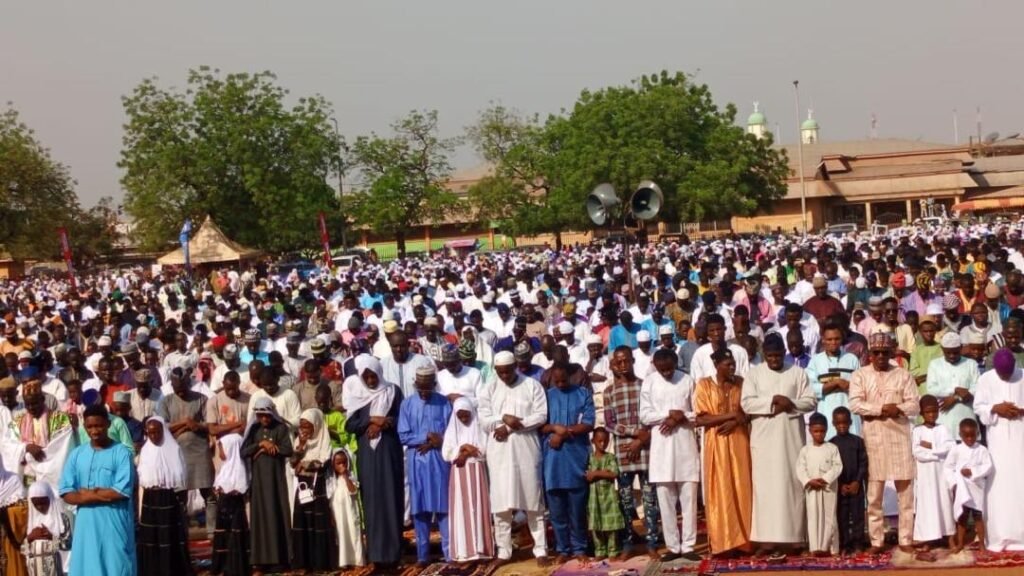
By Linda Abrefi Wadie
News
Cut in USAID funding: Uncertainty, fear grip health workers, patients in N/R

In the remote village of Karaga, a midwife at the local health centre is running out of options.
The centre, which serves hundreds of women and children, has been severely affected by the recent suspension of USAID funding.
Without essential medical supplies, Fati and her colleagues are compelled to take difficult, sometimes heartbreaking decisions.
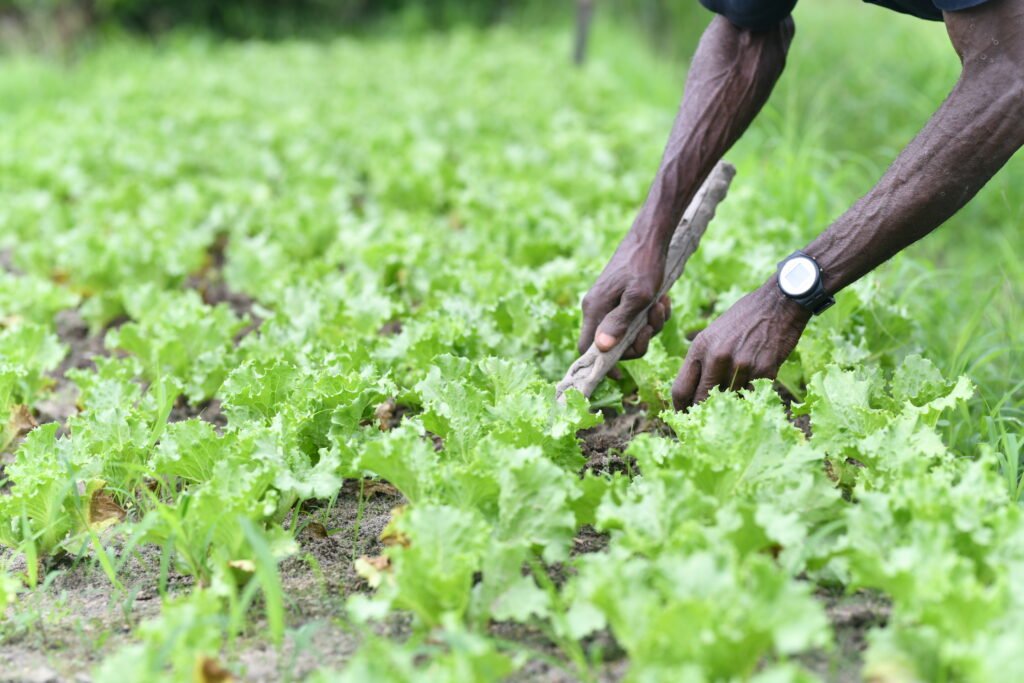

“Just last week, we had to send a pregnant woman to another facility miles away because we didn’t have the right drugs to stabilise her condition,” she says with frustration in her voice. “We don’t know how long we can keep going like this,” she added.
Fati’s story is one of many unfolding across Northern Ghana, where USAID-funded programmes provide crucial support for maternal health, malaria treatment, family planning, and HIV/AIDS care.
The sudden funding halt announced last week has sparked widespread fear and uncertainty among health workers and residents, who now face the grim reality of a potential healthcare crisis.
Mohammed Karim, HIV patient and a father of five, worries about his life and that of his children.
“I am afraid in some few days to come, my health would deteriorate because without medicine, what are we supposed to do? We rely on the clinic, but now even the nurses are helpless,” he laments.
“Our lives will be miserable if no intervention is made. What are we going to do with all this stigma around us?” she asks with a chilly voice.
Health officials have warned that if no immediate action was taken, the suspension could lead to a surge in preventable deaths.
A Health worker (name withheld), describes the situation as dire.
“Many of our facilities are dependent on USAID-supported supplies. Without them, we will see increased maternal and infant mortality, more malaria cases, and disruptions in HIV/AIDS treatment,” he explained.
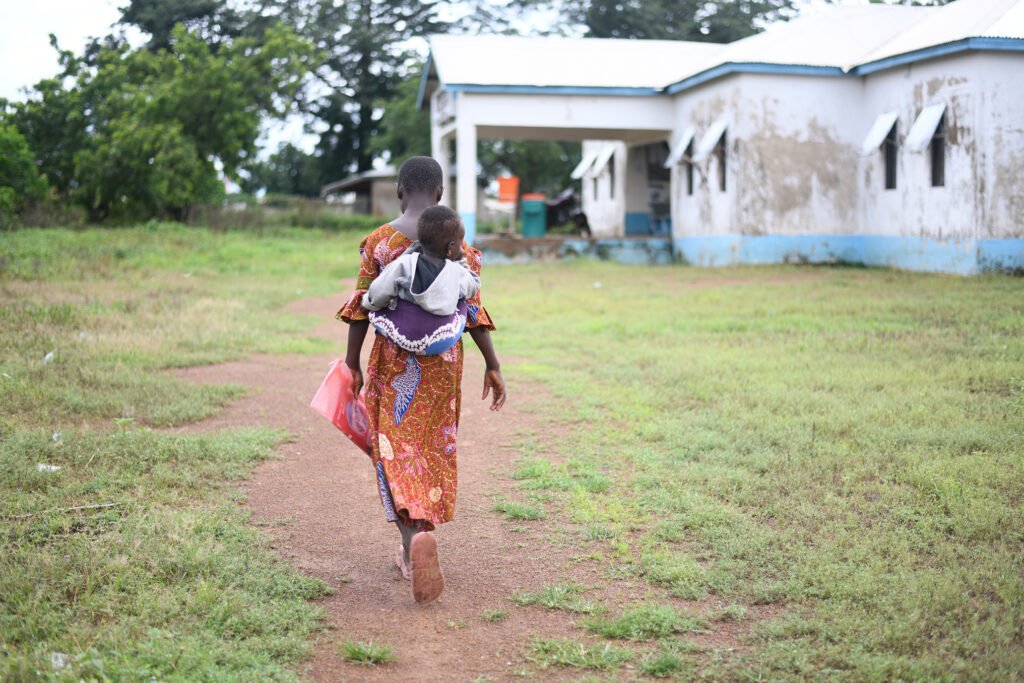
“As you can see, all these women are here for medication and other supplies for their children, but with the directive by President Donald Trump in stopping the distribution of medical supplies they are stranded,” he added.
The impact is already being felt. Health centres are reporting dwindling stocks of antimalarial drugs, contraceptives, and HIV test kits. Without urgent intervention, experts warn that years of progress in public health could be reversed.
In response, President John Dramani Mahama has directed the Ministry of Finance to explore ways to bridge the financial gap left by the USAID funding cut.
However, no clear timeline has been provided for when alternative funding might materialise. In the meantime, local health authorities and international organisations are scrambling to find emergency solutions.

For parents like Hajaratu, a mother of four, the situation is unbearable. “This is a matter of life and death. We need help now!” she pleads from the overcrowded health centre.
As uncertainty looms, communities across northern Ghana can only hope that aid arrives before the situation spirals out of control.
From: Geoffrey Buta, Karaga


